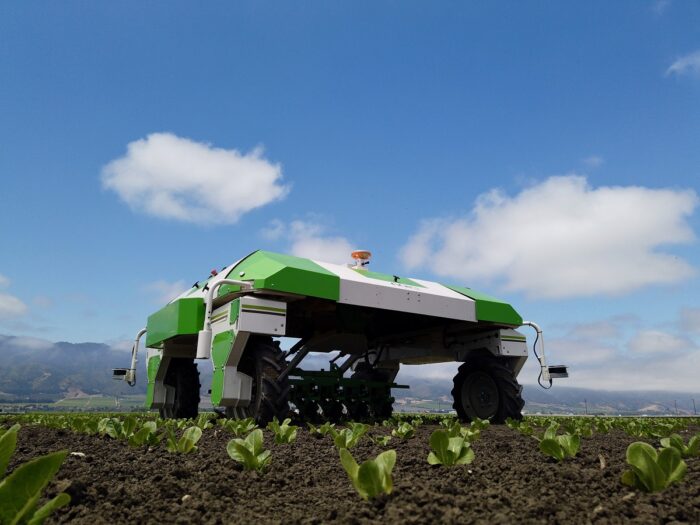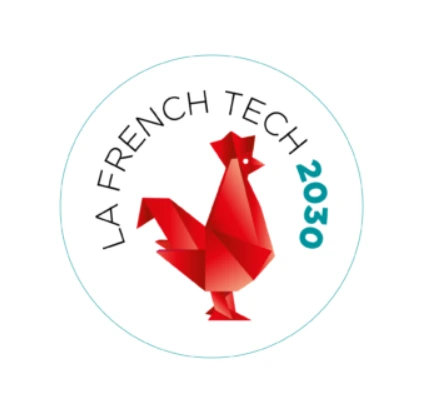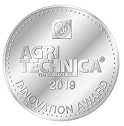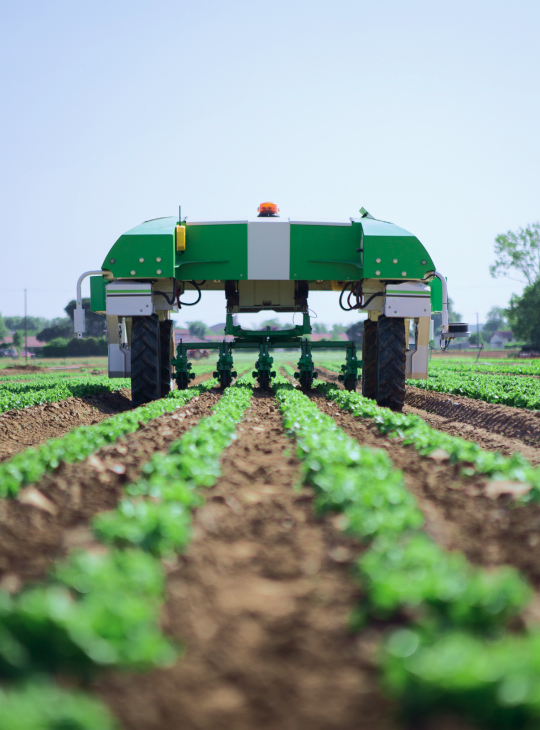
As we told you a few months ago, Dino crossed the Atlantic to reach the lands of California and conquer the lettuce fields. In the face of an increasingly stringent regulation on both environmental and social levels, the advent of robots in ranches of the western regions of the United States represents a real opportunity for the lettuce producers of the State.
California tightening up the regulations
So far, California had a quite permissive legislation when it came to social law, with weeks including 6 work days without overtime. Labor regulation is intended to tighten up to provide a work environment that is similar to what exists in France (approximately 40 hours per week over 5 days). This decline in labor supply entails increased costs for the producers especially those involved in organic agriculture for which the need for manual and mechanical weeding is significant.
At the same time, California’s regulation of the use of chemical herbicides is amongst the most stringent of the United States – for instance, the University of California has completely banned the use of Glyphosate in its 10 campus since June 1, 2019, in application of the precautionary principle.
In this respect, there is a clear need for automated weeding and the introduction of the straddling robot Dino is therefore the solution all lettuce producers expected.

The producers’ fields as testing grounds
Simon Belin is Naio’s technical advisor in California. He tells us: “The lettuce producers of California responded very well to the arrival of Dino. We had the chance to showcase the weeding robot in different farms such as Betteravia Farms which have been on our contact list for several years, Top Flavor Farms – we met them at a fair, and Church Brothers / P&C Farms – they heard about us by word of mouth”. These farms cover several thousand hectares of lettuce that need weeding.
“In four months, we have already introduced Dino at demos or fairs to a hundred people in California” says Simon Belin, “such as during the automated weeding day organized on the campus of the University of California in Salinas. The robot has received very positive feedback and the farmers easily envision themselves using the machine”.

During the demonstrations, the farmers appreciate the autonomous nature of the machine and the quality of the weeding and tillage, as it has been the case recently at Bonipak’s, where Dino was able to perform the mechanical weeding of a 3 ha area in a completely autonomous way.
“But they also look to imagine many other applications for the future, such as data recording and data management.”
California, with about thirty lettuce farms of several thousand hectares each, presents the potential for hundreds of machines per year. “Why not imagine a whole fleet of Dino robots some day on the Californian fields of lettuce”, Simon already plans. Who knows?
For further information on Dino: https://rm8p3bhfbk.preview.infomaniak.website/en/dino/






